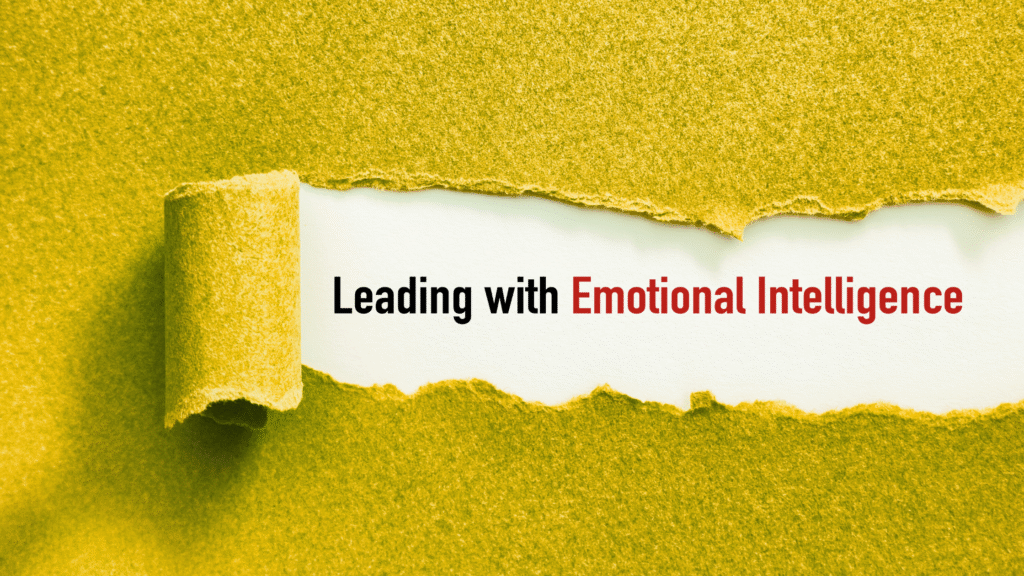
Adulthood demands something huge from us… the ability to regulate our emotions, even in the middle of conflict. It’s not just about keeping calm, it’s about responding wisely, thinking clearly, and protecting our relationships. But here’s the thing: no one really teaches you this in school. You learn maths, science, and history, but what about how to handle anger? Or how to calm yourself when anxiety strikes? Or how to respond with kindness instead of lashing out? That’s why at M.Y.T.E (Manage Your Thoughts and Emotions), we believe this skill is not optional… it’s essential, and we’re here to make sure kids and teens learn it now, not years later when life demands it.
Why Emotional Regulation for Teens Matters
If you’re a parent, carer, or teacher, you’ve probably witnessed the storm of teen emotions. One minute, they’re on top of the world. The next, it feels like everything is falling apart. Hormones, friendships, school pressure, social media, it’s a lot. The truth is, emotional regulation for teens isn’t about shutting feelings down. It’s about learning how to notice them, understand them, and channel them in a healthy way. Teens who develop this skill:
- Build resilience when life throws challenges their way.
- Communicate better in friendships, relationships, and with family.
- Think clearly under pressure, which helps with exams, sports, and everyday decisions.
- Feel confident knowing they can handle tough situations.
What really matters is emotional intelligence (EQ) is just as important, if not more important, than IQ. A high IQ may help with exams, but EQ is what shapes relationships, careers, and overall wellbeing.
Why Schools Need to Teach EQ, Not Just IQ
Right now, schools put a heavy emphasis on academic intelligence. Which is important, of course. But imagine this: a child can ace a maths test, but if they can’t cope with rejection, manage stress, or work through conflict, life becomes overwhelming. EQ is what allows us to navigate the human side of life. And if adulthood demands emotional regulation in conflict, why aren’t we teaching kids and teens these skills earlier?
That’s where M.Y.T.E comes in.
The M.Y.T.E Toolkit: Four Ways Teens Can Control Emotions
At MYTE, we’ve built a simple, powerful toolkit to help kids and teens manage their thoughts and emotions. We don’t just tell them to “calm down”, we show them how.
Our approach has four elements:
1. Breathe (Meditation)
When emotions rise, the breath is the quickest way back to balance. Teaching teens to pause, close their eyes, and focus on slow, steady breathing switches off the stress response and helps them feel grounded again.
2. Feel (HeartMath)
We use heart-focused techniques to help teens connect with positive emotions like gratitude and compassion. Why? Because when the heart and brain are in sync, the body calms down, stress reduces, and clarity returns.
3. Think (EFT – Emotional Freedom Technique)
Negative thoughts and overwhelming feelings can feel like quicksand. EFT, also known as tapping, gives teens a practical way to release stress and reframe thoughts. It’s like hitting the reset button for the mind.
4. Move (Exercise)
Sometimes the best way to shift emotions is to get moving. A walk, a stretch, or a dance in the bedroom can release tension and help the body process emotions physically. Movement is medicine.
These four pillars, Breathe, Feel, Think, Move, work together to give teens practical, real-life strategies they can use anywhere, anytime.
The Benefits of Teaching Teens to Control Emotions
When teens learn emotional regulation, the benefits ripple through every part of their lives. Parents notice less conflict at home. Teachers see students who can stay calm in class. And most importantly, teens themselves begin to feel capable of handling life’s ups and downs.
Some of the biggest benefits include:
- Confidence: Teens feel proud of themselves when they can manage big emotions.
- Better mental health: Less anxiety, less overwhelm, and more inner peace.
- Stronger relationships: Teens learn to pause before reacting, which helps with friends, family, and future partners.
- Academic success: When the mind is calm, focus and performance improve.
These are not small wins, they’re life skills that carry into adulthood.
Why We Do This at M.Y.T.E
We created M.Y.T.E because we’ve seen first-hand how much kids and teens need this. Life doesn’t wait until adulthood to demand emotional regulation. Conflict happens in the classroom, on the playground, at home, and in their own heads. By giving teens the M.Y.T.E toolkit, we’re handing them a set of skills they’ll use forever. We’re teaching them something that textbooks can’t: how to understand themselves, how to navigate emotions, and how to thrive no matter what life throws their way.
A Final Thought on EQ and IQ
Albert Einstein, one of the greatest minds in history, once said:
“We should take care not to make the intellect our god; it has, of course, powerful muscles, but no personality. It cannot lead, it can only serve.”
Even Einstein, known for his extraordinary IQ, understood that emotional intelligence is what gives meaning to knowledge. It’s what allows us to connect, to love, to lead, and to live with purpose. At M.Y.T.E, we believe every child deserves the chance to develop this side of themselves… because IQ may open doors, but EQ is what helps you walk through them with confidence and compassion.
